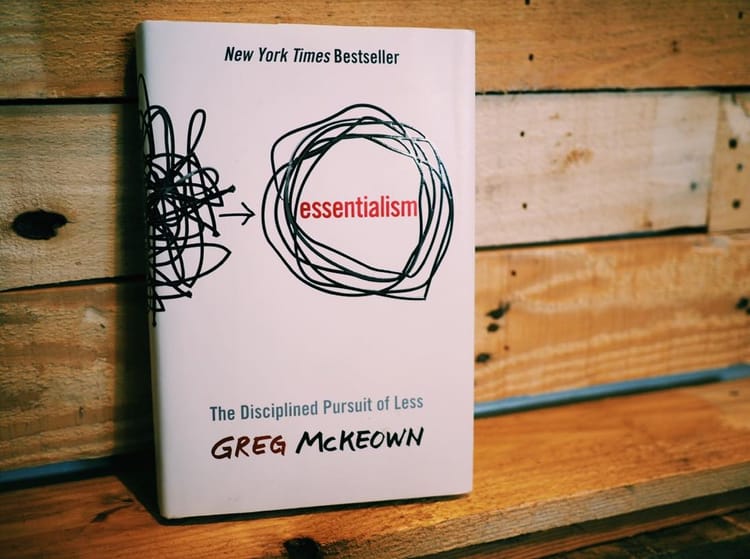Active Listening is the Secret Sauce in Relationship Building

We live in a distracted society which means that effective communication is being lost. People are no longer paying attention and we are at a crisis point. "You're not listening to me" is a wake-up call in a personal relationship but in a business meeting, you may not get that signal. Your prospect, client or referral partner will zone out and stop paying any attention to what you are saying.
One of the most powerful, yet often overlooked, skills we all need to develop is active listening. This skill is especially crucial during 1-2-1 meetings, whether with a prospect, a client, or a referral partner.
Active listening involves giving your full attention, maintaining eye contact, and taking notes. These practices not only demonstrate respect but also significantly enhance your understanding of your business partner's needs and goals.
The Importance of Active Listening
Building Trust and Respect
Active listening is at the heart of any successful relationship. By giving someone your undivided attention, you show that you value their time and input. This respect is foundational in building trust, which is essential for any business relationship. When a prospect or client feels heard, they are more likely to trust you and feel confident in your ability to meet their needs.
Enhancing Understanding
In any 1-2-1 meeting, the primary objective is to understand the other party’s needs, goals, and pain points. Active listening helps you gather this crucial information more effectively. By focusing entirely on the speaker, you can pick up on subtle cues and details that might be missed otherwise. This deeper understanding allows you to tailor your solutions and responses to better align with their expectations.
Overcoming Distractions
The Challenge of a Distracted Society
In today's society, distractions are rampant. Smartphones, emails, and constant notifications vie for our attention, making it increasingly difficult to stay present in conversations. This lack of focus can lead to misunderstandings and missed opportunities. In 1-2-1 meetings, the stakes are high, and distractions can undermine your efforts to build strong relationships.
Strategies for Staying Present
1. Create a Distraction-Free Environment: Before your meeting, ensure that your environment is conducive to focused conversation. Silence your phone, close unnecessary tabs on your computer, and find a quiet space where interruptions are minimal.
2. Practice Mindfulness: Engage in mindfulness practices such as deep breathing or meditation before your meeting. This can help clear your mind and improve your ability to stay present.
3. Take Notes: Taking notes during the meeting not only helps you remember key points but also keeps you engaged. It signals to the speaker that you are actively listening and valuing their input. This is key in all business meetings.
4. Use Reflective Listening Techniques: Reflective listening involves paraphrasing or summarising what the other person has said. This not only demonstrates that you are paying attention but also helps clarify any misunderstandings.
The Long-Term Benefits of Active Listening
Improved Decision-Making
When you actively listen, you gather more accurate and comprehensive information. This leads to better decision-making, as you are basing your choices on a clear understanding of the situation. Whether you are negotiating a deal, resolving a conflict, or planning a strategy, the quality of your decisions will be significantly enhanced by your listening skills.
Strengthened Relationships
Consistently practising active listening in your 1-2-1 meetings will strengthen your relationships over time. Clients and partners will appreciate your attention to detail and your genuine interest in their needs. This can lead to increased loyalty, repeat business, and valuable referrals.
Conclusion
Active listening is not just a nicety in 1-2-1 meetings; it is a necessity. By fully engaging with your business partners, you build trust, gain deeper insights, and make more informed decisions.
With so many distractions, mastering the art of active listening can set you apart as someone who truly understands and values others.
How Good are You at Active Listening (on a scale of 1-10?)
As you reflect on your approach to 1-2-1 meetings, consider the importance of a disciplined, attentive, and empathetic listening style. Your business relationships—and your bottom line will thank you for it.





Member discussion